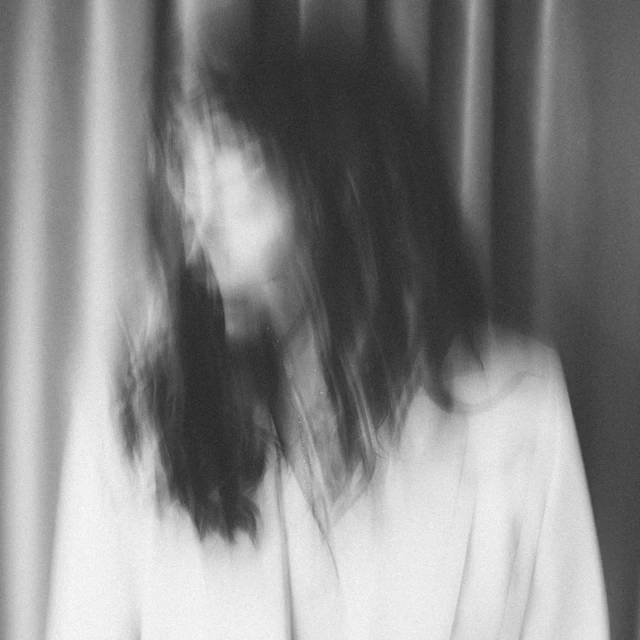
- 1AUNCE - Come Back
001
•
Open edition
Earlier this year, during an artist residency at the Townshend Studio in London, I began shaping a track that would take on an unexpected emotional depth. It started with a discovery on the ARP 2500 synthesiser—one patch that inspired the progression—and grew through layers of sound from other instruments in the space, like the Buchla Easel and MS-20, alongside a few from home, including the Prophet 6 and Moog Sub 25.
At first, the piece was entirely wordless—an exploration of texture, tone, and resonance. I thought I might write lyrics later. But halfway through the residency, I lost my brother. Grief has this inexplicable quality—people often say, I have no words. When I returned to the track, still raw and seeking solace in music, I realised I too had no words. Yet the vocal already carried every feeling I was experiencing. So, I chose to leave it as it was.
The piece also holds something of our collective grief—the sense of loss, disorientation, and despair so many of us have felt in recent years: genocide, the rise of fascism, the collapse of shared truths. At times, when I’m faced with the enormity of suffering and injustice in the world, my voice tightens—a pooling of anger, confusion, disbelief, and sorrow in my throat, rendering me wordless. I doubt i’m alone in this.
I’ve always been drawn to wordless vocals that follow no formal structure, inspired by artists like Norma Winstone, Meredith Monk, and Bobby McFerrin. I love words—prose, poetry, lyrics—but sometimes they just don’t do a feeling justice. As a younger vocalist, and even now, I often felt a quiet pressure to write a song—to turn every vocal idea into something lyrical and defined. But, I remember hearing the vocal treatment by artists like Hudson Mohawke and Burial, who showed that fragments of voice can live among rhythms and textures—sometimes more powerfully than full lyrics. These approaches to the voice have since become part of the musical landscape—ubiquitous across EDM, ambient, and neoclassical worlds—shaping how we hear and feel vocals today.
With all of this in mind, I’ve come to cherish the magic of first takes. There’s something almost prophetic in those spontaneous moments, a purity that can’t be recreated once you start to analyse or refine. That’s what I wanted to honour here: something honest, unbound, and expressive of what words could not hold.
At first, the piece was entirely wordless—an exploration of texture, tone, and resonance. I thought I might write lyrics later. But halfway through the residency, I lost my brother. Grief has this inexplicable quality—people often say, I have no words. When I returned to the track, still raw and seeking solace in music, I realised I too had no words. Yet the vocal already carried every feeling I was experiencing. So, I chose to leave it as it was.
The piece also holds something of our collective grief—the sense of loss, disorientation, and despair so many of us have felt in recent years: genocide, the rise of fascism, the collapse of shared truths. At times, when I’m faced with the enormity of suffering and injustice in the world, my voice tightens—a pooling of anger, confusion, disbelief, and sorrow in my throat, rendering me wordless. I doubt i’m alone in this.
I’ve always been drawn to wordless vocals that follow no formal structure, inspired by artists like Norma Winstone, Meredith Monk, and Bobby McFerrin. I love words—prose, poetry, lyrics—but sometimes they just don’t do a feeling justice. As a younger vocalist, and even now, I often felt a quiet pressure to write a song—to turn every vocal idea into something lyrical and defined. But, I remember hearing the vocal treatment by artists like Hudson Mohawke and Burial, who showed that fragments of voice can live among rhythms and textures—sometimes more powerfully than full lyrics. These approaches to the voice have since become part of the musical landscape—ubiquitous across EDM, ambient, and neoclassical worlds—shaping how we hear and feel vocals today.
With all of this in mind, I’ve come to cherish the magic of first takes. There’s something almost prophetic in those spontaneous moments, a purity that can’t be recreated once you start to analyse or refine. That’s what I wanted to honour here: something honest, unbound, and expressive of what words could not hold.








